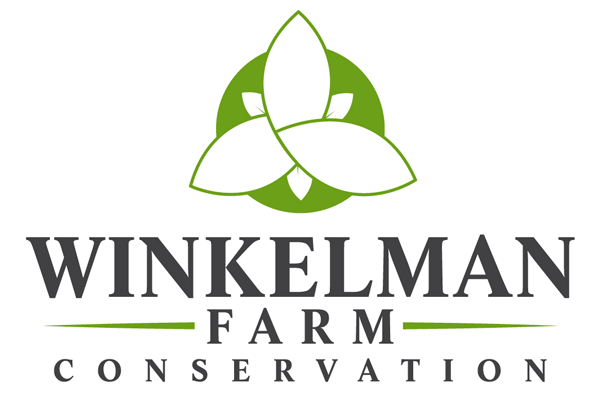Divide any number by infinity and you get a number infinitely closer to zero. The Division by Infinity Problem distorts the economics of farming in the Western New York State region: as everyone takes their small piece of paradise to build a home, the land available for agriculture is not just diminished but is divided into ever smaller fragments that are, by nature, less productive and less efficient. Farmers have higher transportation costs for lower yield and higher waste, for example wasted seed, fertilizer, or water at boundaries. Further complicating things for the small business farmer are the increasing multitude of contract agreements to rent land from an ever increasing number of owners of smaller parcels. More contracts mean more paperwork, accounting, and legal work. The value of a simple handshake is diminishing here too. This is where a sale of a conservation easement on a larger tract of land will help farmers, present and future, maintain a productive land-base while avoiding the complications of farming on a patchwork, or rather a crazy-quilt, of land.
Land is property and the right to it is paramount among people’s priorities. The idea that your land or property has value leaves one with a sense of security; a back-up plan for any of several worst- case-scenarios: a terminal illness, an extra hot summer, a disease that wipes out a crop or a herd, or even a child that needs a place to re-build his home. When any of these scenarios plays out, a farmer has to sell his land, and, to make it worth his sacrifice, he sells it for a use other than agriculture in order to receive the maximum value of the land (the total value of all agriculture, development, any remaining mineral rights, and all recreational rights). No one should deny the landowner this.
No matter which generation sells a parcel to someone who builds on it, or gives a parcel to someone who builds on it, or builds on it; the land is forever taken out of agriculture. It is every property owner’s right to sell his land and to receive a fair market value for every right to it that he sells (i.e. agriculture, development, mineral, timber and/or recreational rights). Only in the case that a person sells a conservation easement to her land for a fair market value (the value of the development rights) does the land remain available for farming and can be sold for the fair market value of the remaining rights (agriculture, mineral, recreational, timber, etc.) in the present or any future generation.
Land can only be divided so many times before it loses the character that made it valuable for division in the first place. If everyone builds a house on his fathers farm, and his father’s, and so on, even a significantly declining population will see an end to agricultural land in not so many generations.
Let them look to the past, but let them also look to the future; let them look to the land of their ancestors, but let them look also to the land of their children.
Wilfrid Laurier (1841 – 1919)
a Canadian statesman

Your farmer father is so lucky to have you as his daughter.